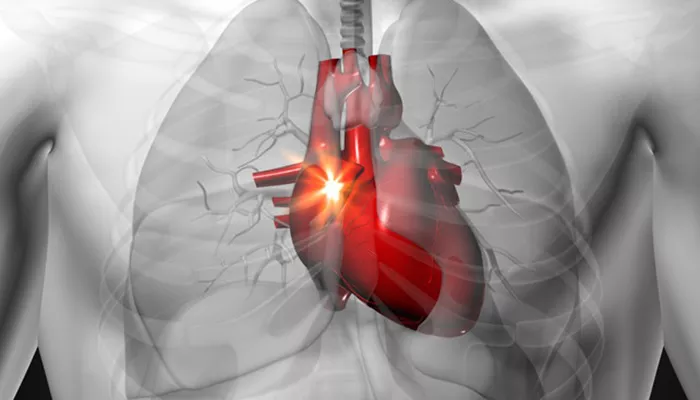A new study from Harvard Medical School (HMS) offers hope for cancer patients facing a rare but serious heart condition. This research could allow them to continue immunotherapy treatments for the first time.
Researchers from HMS, Massachusetts General Hospital, and the Broad Institute of MIT and Harvard analyzed tissue samples from 28 patients. Their findings were published in Nature on November 6.
“We aimed to determine if the biology behind heart inflammation differs from that related to tumors,” said Alexandra-Chloé Villani, an assistant professor of medicine at HMS and co-author of the study.
After more than six years of research, they found that it does.
The study reveals that myocarditis, a type of heart inflammation that can be triggered by immunotherapy, operates separately from the immune response targeting tumors. This suggests that patients might be able to continue their immunotherapy while receiving specific treatments for myocarditis.
Kerry L. Reynolds, an HMS assistant professor and co-author, noted that myocarditis is rare but can be deadly. “We treat about 1,000 new patients with immunotherapy each year at Mass General, and only about 1 percent develop myocarditis, which is roughly 10 patients annually,” she explained. “The challenge with this condition is its high morbidity rate.”
She added that around 30 percent of patients with myocarditis may face severe heart problems, including cardiac arrest or death. As a result, cancer patients who develop myocarditis are often forced to stop their life-saving immunotherapy treatments.
Steven M. Blum, an HMS instructor and co-author of the study, expressed optimism about the new findings. “This research gives us hope that we can treat patients more safely,” he stated. “This is the first study to analyze human heart samples and examine the cell percentages in these patients’ hearts.”
Using advanced technology, the researchers identified specific cell populations linked to myocarditis. They also found indicators in patients’ blood that may predict their risk of death from this condition.
“If we want to identify potential drug targets for treating myocarditis, we first need to understand what makes these patients’ hearts unique,” Villani said.
Blum emphasized the significance of their study’s sample size, which is larger than previous research on this topic. “We are very grateful to the patients and their families who participated,” said Dan A. Zlotoff, co-author and HMS instructor. “Their willingness to contribute to science is a tremendous gift for future patients.”
Reynolds believes this study will lead to further investigations. “This is a foundational study,” she noted.
She mentioned an ongoing HMS clinical trial exploring a potential pharmaceutical treatment for myocarditis as an example of how the study’s results will expand knowledge in this area. “This trial involves over 45 sites in the U.S. and Canada,” Zlotoff added. “We hope to build an even larger collection of tissue and blood samples.”
Blum stated that this HMS study represents progress in understanding myocarditis and will help advance the field. “There has never been a better time for medicine and science,” Reynolds concluded.
“Discoveries are coming rapidly, and I believe the next decade will look very different from the last.”
Related topics:


